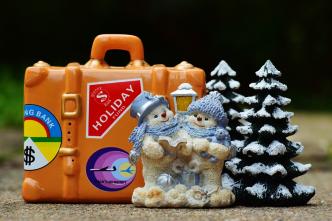
Advent calendar 2015: week four
December 17, 2015 | Issue 34Welcome to the Science in School Advent calendar for 2015.


Welcome to the Science in School Advent calendar for 2015.
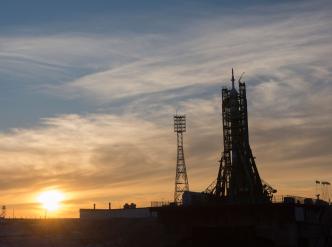
Watch the launch of ESA astronaut Tim Peake, NASA astronaut Tim Kopra and Russian commander Yuri Malenchenko to the International Space Station on 15 December at 11:03 GMT (12:03 CET).
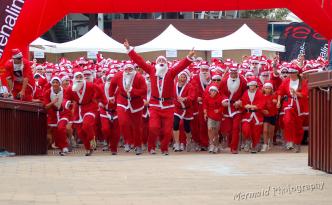
Welcome to the Science in School Advent calendar for 2015.
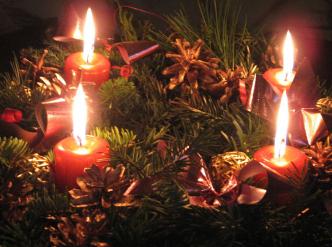
Welcome to the Science in School Advent calendar for 2015
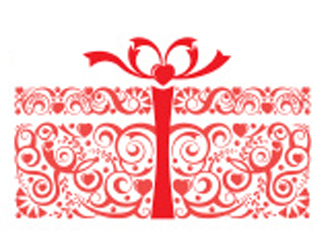
Welcome to the Science in School Advent calendar for 2015.
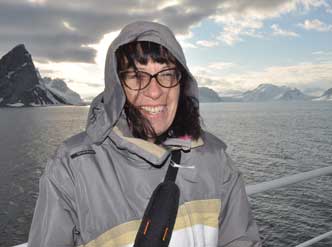
Educator, student and Arctic explorer combined – Giulia Realdon can’t think of a better job than being a science teacher.
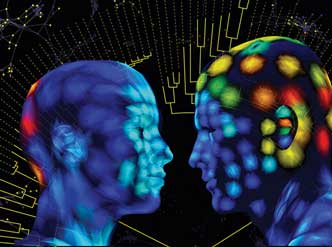
Theodore Alexandrov is taking what he learned from working on the economy and applying it to the chemicals on our skin.
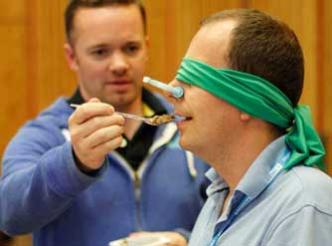
In July 2015, 120 teachers from around Europe converged at ESA to learn how to use space as a context for broader teaching.
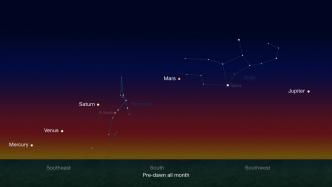
Right now (and continuing until late February 2016), Mercury, Venus, Saturn, Mars, and Jupiter are visible in the sky in a straight line: a rare astronomical show.
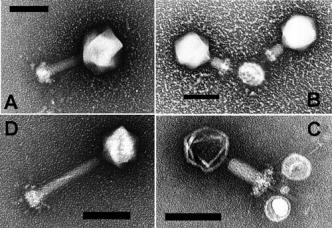
Viruses help carbon sink deep down in the oceans.
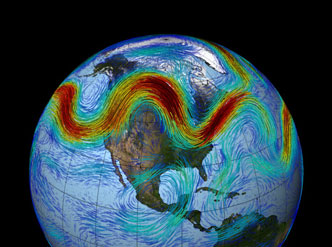
Reporting from the COP21 conference in Paris, we ask why ‘global warming’ can actually make the weather colder.
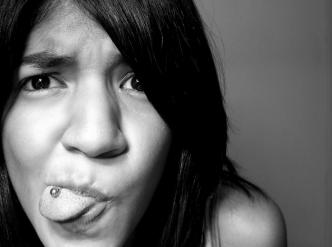
A citizen science project travelled over 7000 km to explore the microbial population in students’ mouths.
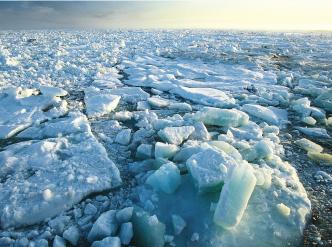
Understanding Earth’s climate system can teach us about other planets.
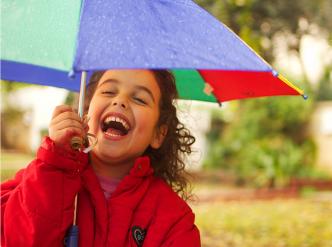
Neuroscientist and stand-up comic Sophie Scott explains the complexity and social importance of laughter.
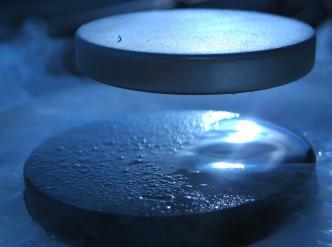
Science in School is published by EIROforum, a collaboration between eight of Europe’s largest intergovernmental scientific research organisations (EIROs). This article reviews some of the latest news from EIROs.
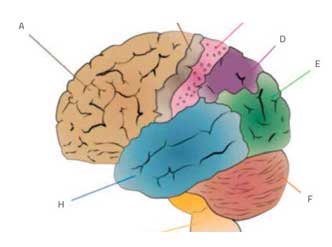
How electrodes placed directly in the brain are teaching us about learning.
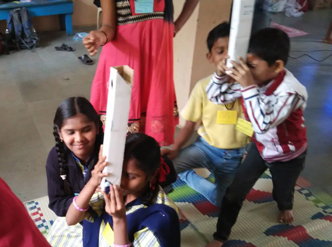
School children in India built their own digital microscope, bent light and investigated gas laws. Find out how.
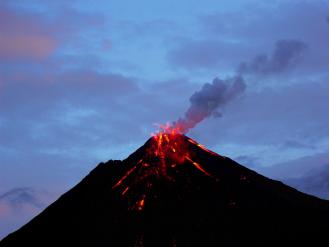
Folktales can be a great way to introduce hands-on science into the primary-school classroom.
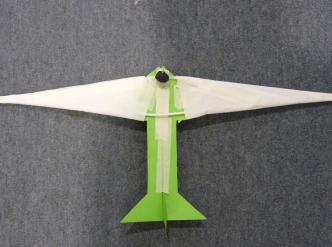
Designing a glider wing helps students understand forces and what it means to be an engineer.
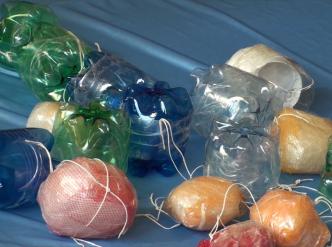
Try these hands-on activities to introduce your students to microplastics – a hazard for fish and other marine animals – and to our responsibilities to our environment.
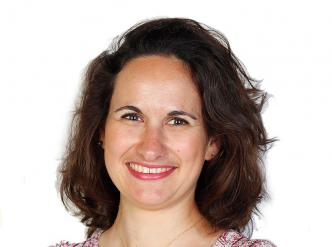
Ahead of the traditional New Year resolutions, Science in School has changed its look.